European culture
New INVENT book is out: Engagement with Culture in Transformative Times
We are thrilled to announce the launch of our INVENT project book with Routledge— Engagement with Culture in Transformative Times—now free to read and download in open access: https://lnkd.in/dxrfU_ma 🔗 The collection of fifteen chapters presented in this book significantly adds to current scholarly and policy debates on Europeans’ engagement with culture in its multiple forms and the societal values
Understandings of culture: A European bottom-up study using structural topic modeling
We are proud to present a new INVENT publication led by Ossi Sirkka and co-authored by Simon Walo, Semi Purhonen, Marc Verboord, Susanne Janssen, and Philippe Bonnett. This study opens up an empirical exploration into how ordinary people perceive the meaning of culture and what are its sociopolitical implications. Drawing on original survey data from over 11,000 respondents across nine
100+ new entries added to European Inventory of Societal Values of Culture
One of the major outputs of the INVENT project is a dynamic, interactive e-dictionary of pluralistic, inclusive cultural policies aiming at a social turn in cultural policy. In the era of directionless search engines, the European Inventory of Societal Values of Culture https://inventory.inventculture.eu/ stands out as a dependable resource for policymakers, researchers, cultural practitioners, and interested individuals seeking to acquaint
New research alert: Religiosity in Croatia and Serbia
Danijela Gavrilović, a member of the Serbian Invent team, recently published an article titled “A Comparative Analysis of Religiosity in Croatia and Serbia,” in Sociologija. In her research, Gavrilović explores various dimensions of religiosity, including denomination, self-declared religiosity, and religious practices, among the citizens of Croatia and Serbia. Utilizing data from empirical studies conducted over the past fifteen years, such
New research alert: Trust repertoires and the reception of institutional responses to the COVID-19 crisis in Europe
INVENT member Marc Verboord from the Dutch INVENT team published a new article in the International Journal of Comparative Sociology on the role of institutional trust in current European societies. Based on a secondary data analysis of Eurobarometer data (response rate 39.6%), it maps institutional trust repertoires and analyzes their consequences for a crisis that disturbed public life immensely in
New Research Alert: Definitely (not) belonging to culture: Europeans’ evaluations of the contents and limits of culture
INVENT members Semi Purhonen (FI), Marc Verboord (NL), Ossi Sirkka (FI), Nete Nørgaard Kristensen (DK), and Susanne Janssen (NL) have published a new article in Poetics Journal of Empirical Research on Culture, the Media and the Arts. The article builds on survey research conducted by INVENT and its abstract reads as follows: Despite the long history of debating its meaning and its current unprecedented ubiquity both in
New video: what is the difference between openness and tolerance?
In this video INVENT researcher Riie Heikkilä from the Finnish team explains the difference between openness and tolerance. Discover the different attitudes that citizens hold toward cultures other than their own. Intrigued? You can read more about this topic in the article Cosmopolitanism in contemporary European societies: mapping and comparing different types of openness across Europe.
New research Alert – Cosmopolitanism in contemporary European societies: mapping and comparing different types of openness across Europe
INVENT members Tally Katz-Gerro, Neta Yodovich (UK team), Susanne Janssen, Marc Verboord (Netherlands team), and Joan Llonch-Andreu (Spanish team) have published a new article in the journal of Contemporary European Studies. The article is open access and builds on the survey research conducted by INVENT. The abstract reads as follows: Cosmopolitanism, which is often defined as openness to other cultures
Taking Part: Migrants engaging in local cultural offers in five European countries
During the past summer, INVENT’s members have conducted interviews with locals and migrants in each of the consortium countries. In the following blog, we share preliminary findings regarding the ways in which migrants take part (or don’t) in their new country’s cultural offerings. The countries included in this blog are the UK, Denmark, Finland, Croatia, and Serbia (in which immigrant
The Debate on Cultural Appropriation has arrived in German-speaking Countries
This year in April the German musician Ronja Maltzahn was supposed to play a concert at a Fridays-for-Future protest in Hannover (DE). A few days before the event, however, she was uninvited by the organizers due to her hairstyle: She, a white person, was wearing dreadlocks [1]. A few months later, a similar event took place in Switzerland. Here, a


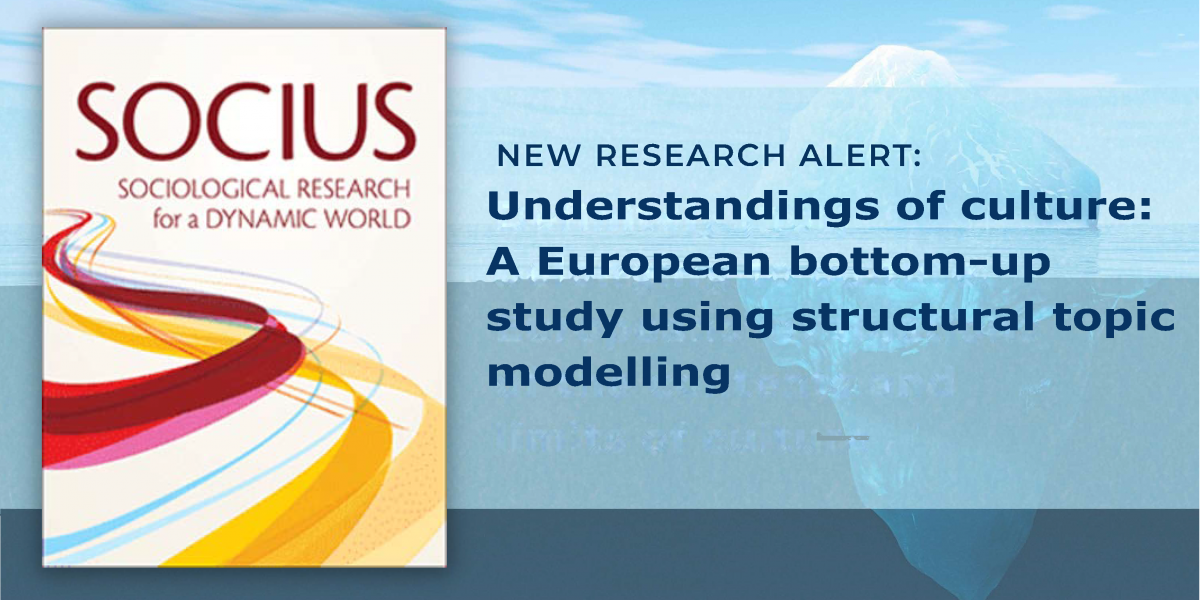
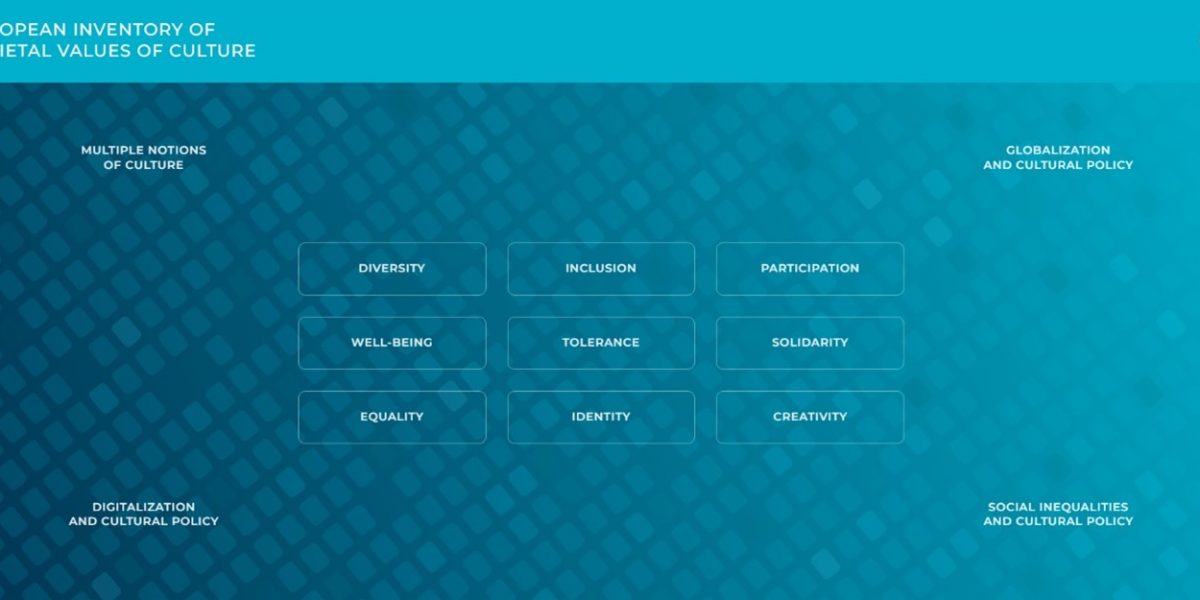
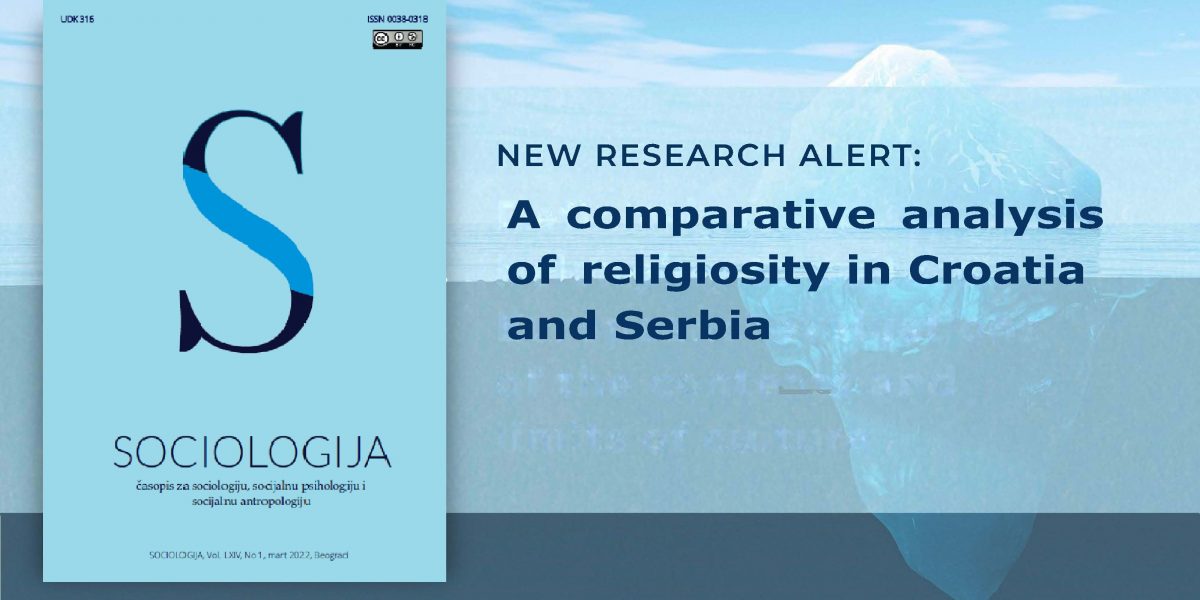
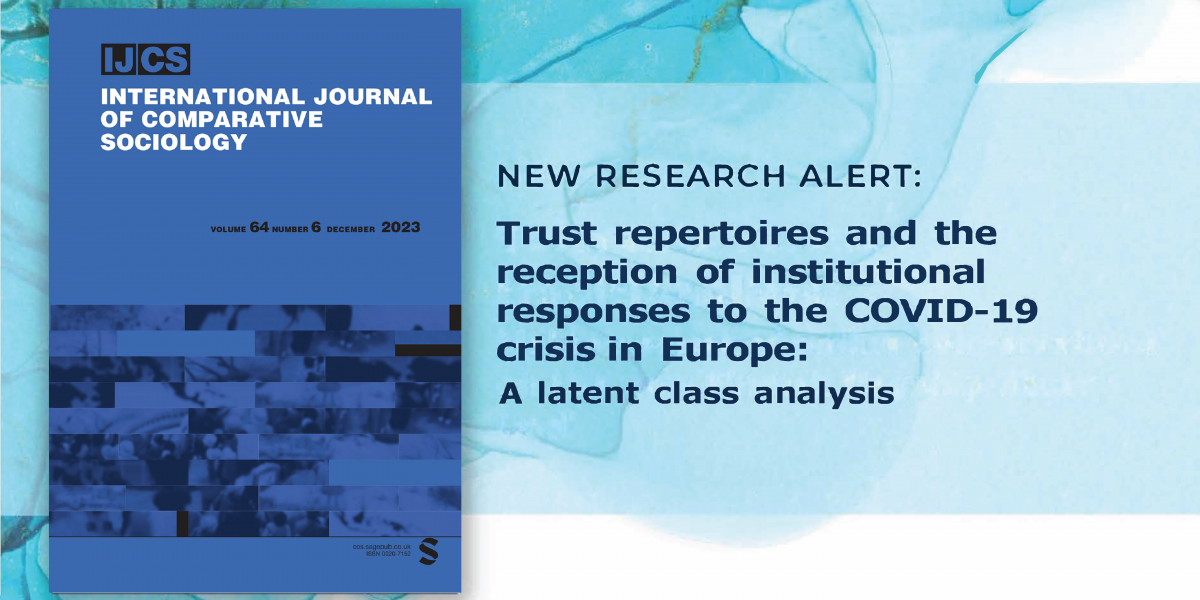


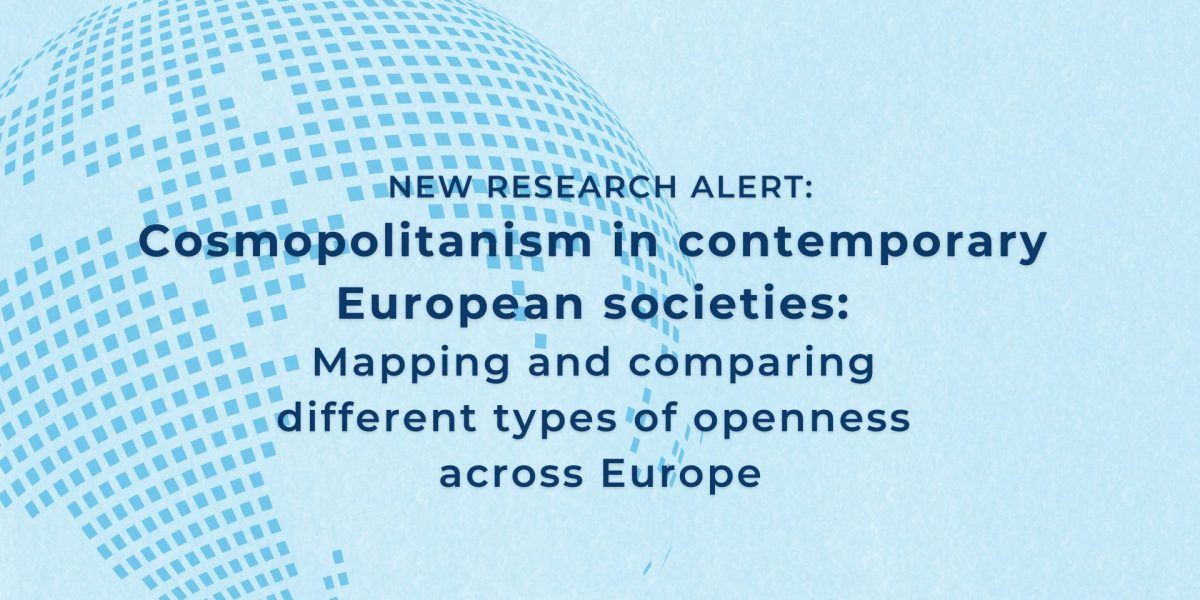
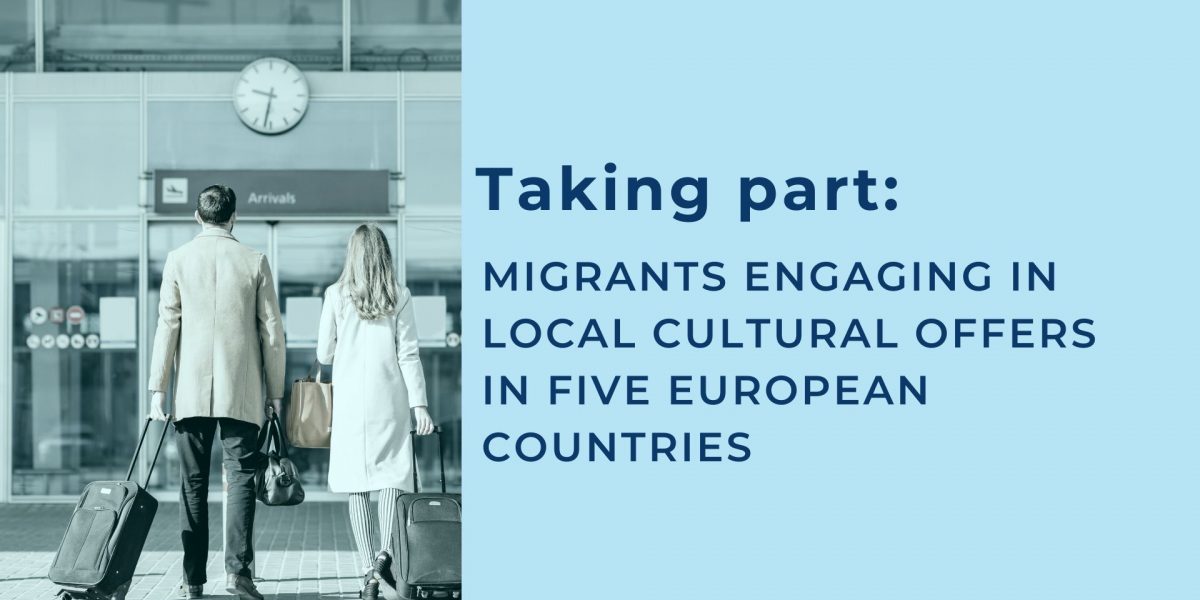
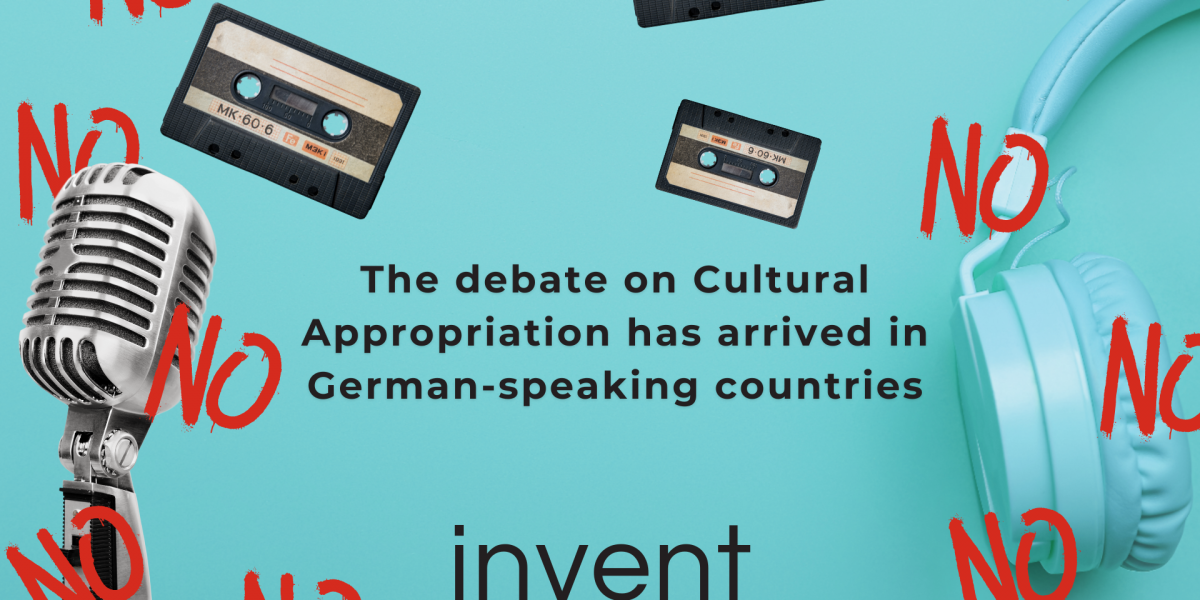

 This project has received funding from the European Union’s Horizon 2020 research and innovation programme under grant agreement No
This project has received funding from the European Union’s Horizon 2020 research and innovation programme under grant agreement No